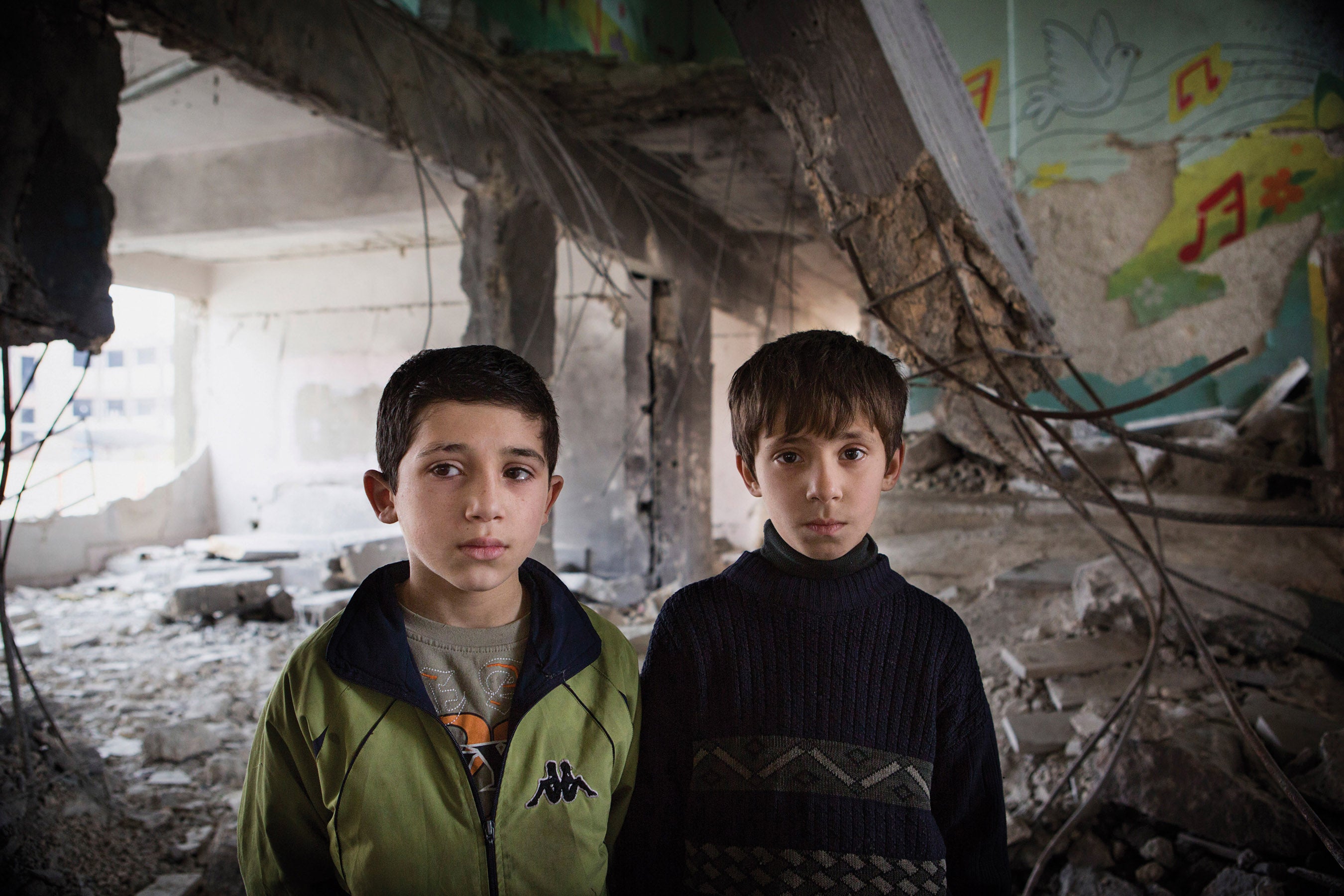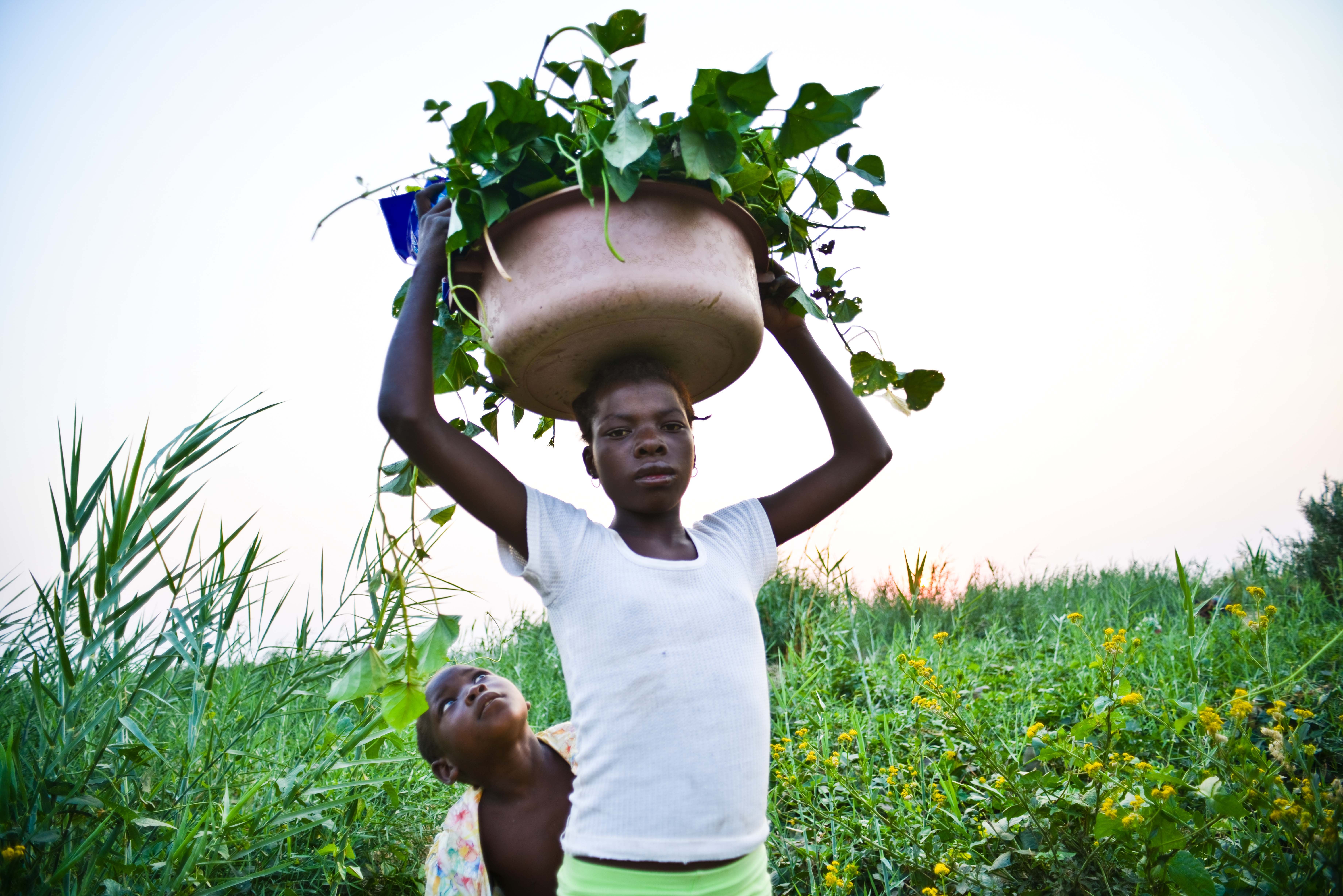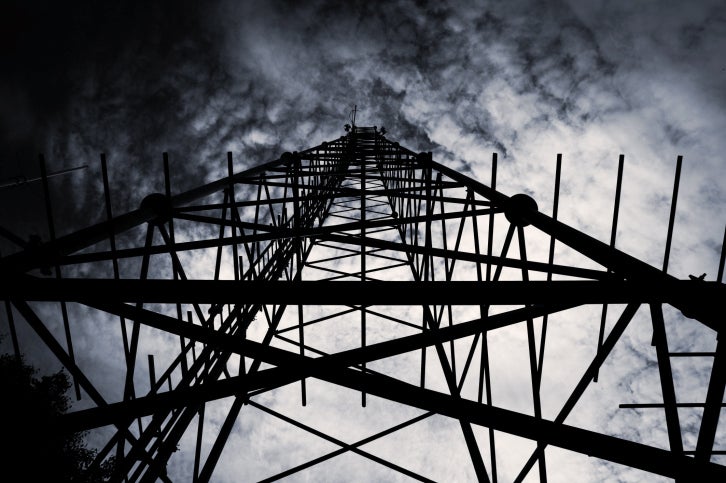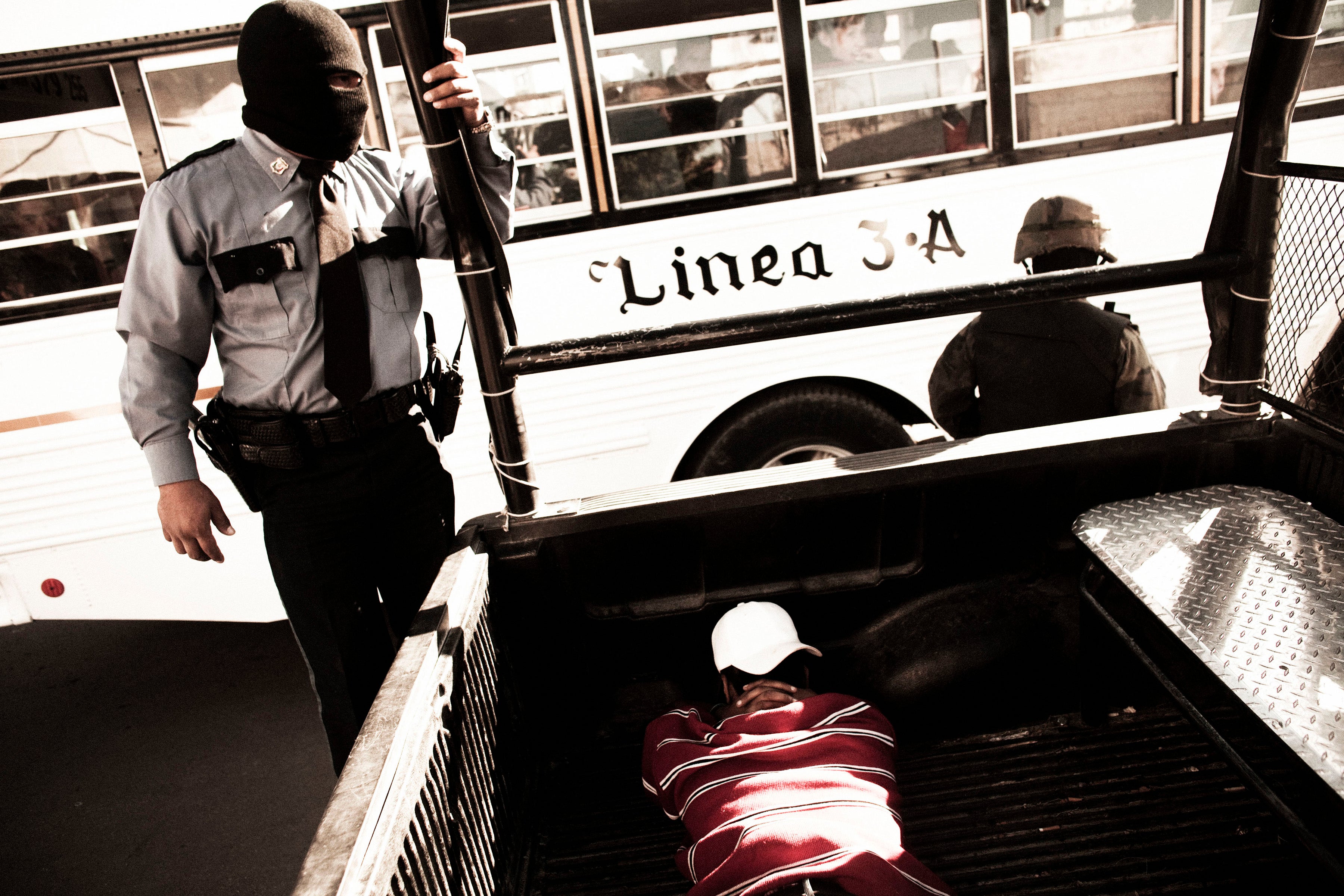Honduras suffers from rampant crime and impunity for human rights abuses. The murder rate, which has risen consistently over the last decade, was the highest in the world in 2013. Perpetrators of killings and other violent crimes are rarely brought to justice. The institutions responsible for providing public security continue to prove largely ineffective and remain marred by corruption and abuse, while efforts to reform them have made little progress.
Journalists, peasant activists, and LGBTI individuals are particularly vulnerable to attacks, yet the government routinely fails to prosecute those responsible and provide protection for those at risk.
After it arbitrarily dismissed four Supreme Court judges in December 2012, Congress passed legislation empowering itself to remove justices and the attorney general, further undermining judicial and prosecutorial independence.
Police Abuses and Corruption
Impunity for serious police abuses is a chronic problem. Police killed 149 civilians from January 2011 to November 2012, including 18 individuals under age 19, according to a report by Honduras’s National Autonomous University. Then-Commissioner of the Preventive Police Alex Villanueva affirmed the report’s findings and said there were likely many more killings by police that were never reported. The government did not respond to calls by the university’s rector to provide information on how many of those killings had been subject to investigations or resulted in criminal convictions.
Compelling evidence in a May 2013 investigation by the Associated Press suggested police involvement in at least five extrajudicial executions or disappearances of suspected gang members in Tegucigalpa. Authorities have provided conflicting reports of progress in efforts to weed out police corruption. Such efforts have been protracted and inefficient. In April 2013, the then-chief of Directorate for Investigation and Evaluation of the Police Career told Congress that, of 230 police evaluated for corruption, 33 failed. However, only seven of those who failed were suspended, and some were later reinstated.
Use of Military in Public Security Operations
In November 2011, Congress passed an emergency decree allowing military personnel to carry out public security duties, which has since been extended periodically. In August 2013, Congress passed a law authorizing the creation of a military police force with powers to seize control of violent neighborhoods and carry out arrests, among other duties, despite a history of abuse by the military against civilians.
Judicial and Prosecutorial Independence
In December 2012, the Supreme Court’s Constitutional Chamber ruled that a law governing police oversight, which had support from a majority in Congress and the president, was unconstitutional. Shortly thereafter, Congress removed four of the chamber’s five members for unsatisfactory “administrative conduct.” Replacements were appointed in January 2013, and the Supreme Court rejected a legal challenge by the dismissed judges in February. The Council of the Judiciary, an independent body established by a 2001 constitutional reform to appoint and remove judges, could help protect against political interference in judicial processes, but at time of writing, its members had still not been named.
In April 2013, Congress suspended Attorney General Luis Rubi and his chief deputy, and appointed an intermediate commission to serve in their place, pending an investigation into the office’s effectiveness and alleged corruption within it, a power granted to Congress by a 2002 constitutional reform. Rubi and his deputy resigned in June before the investigation was completed.
Lack of Accountability for Post-Coup Abuses
Following the June 2009 military coup, the de facto government suspended key civil liberties, including freedom of the press and assembly. In the ensuing days, security forces responded to generally peaceful demonstrations with excessive force and shut down opposition media outlets, which caused several deaths, scores of injuries, and thousands of arbitrary detentions. A truth commission established by President Porfirio Lobo published a report in July 2011 that documented 20 cases of excessive use of force and killings by security forces. Honduras made very little progress prosecuting the abuses in 2013.
Attacks on Journalists
Journalists in Honduras continue to suffer threats, attacks, and killings. Authorities consistently fail to investigate these crimes effectively. According to Honduras’s National Human Rights Commission (CONADEH) 36 journalists were killed between 2003 and mid-2013, and 29 have been killed since President Lobo took office. In June 2013, TV news anchor Aníbal Barrow was abducted while driving in San Pedro Sula, and his dismembered remains found weeks later. While several suspects have been charged in his kidnapping and murder, none have been convicted.
Rural Violence
Over 90 people have been killed in recent years in land disputes in the Bajo Aguán Valley, most of them since 2009, according to a March 2013 report by CONADEH. Scores more have been victims of attacks and threats. The disputes often pit international agro-industrial firms against peasant organizations over the rightful ownership of lands transferred following a reform to the country’s agrarian law. While most victims have been peasants, private security guards have also been killed and wounded. None of the investigations into the killings in the CONADEH report led to a conviction.
Violence against LGBTI Persons
Bias-motivated attacks on lesbian, gay, bisexual, transgender, and intersex (LGBTI) people are a serious problem in Honduras. According to local rights groups, more than 90 LGBTI people were killed between 2009 and 2012, and many more subjected to attacks and harassment. The alleged involvement of Honduran police in some of these violent abuses is of particular concern. In 2011 and 2012, the government established special prosecutors units to investigate these crimes, yet impunity remains the norm.
Prison Conditions
Inhumane conditions, including overcrowding, inadequate nutrition, and poor sanitation, are systemic in Honduran prisons. The country’s jails, which can hold a maximum of approximately 8,200 inmates, were holding more than 12,600 in May 2013, according to CONADEH. Corruption among prison officials is widespread. An August 2013 report by the Inter-American Commission on Human Rights (IACHR) found that the government had failed to allocate sufficient resources to address these chronic problems, or to thoroughly investigate disasters such as the 2012 fire at Comayagua prison that killed 362 people.
Human Rights Defenders
Human rights defenders continue to be subject to violence and threats. In July, two international human rights observers who were accompanying activists under threat for opposing a mining project in Nueva Esperanza said they were abducted by armed men, threatened, and told they would be disappeared if they did not abandon the community.
While the administration submitted draft legislation to Congress in August 2013 to protect human rights defenders, journalists, and legal practitioners, Honduran human rights groups said the proposal fails to provide adequate safeguards. The law had not been passed at time of writing. Similarly, the government has not fulfilled its pledge to create a national protection mechanism for human rights defenders and journalists at risk, which in February 2013 it told the IACHR was “in the consultation phase.”
Key International Actors
The United States allocated over US$50 million in security aid to Honduras from 2010 to 2012, and continues to provide assistance through the Central America Regional Security Initiative (CARSI). US legislation granting military and police aid to Honduras states that 20 percent of the funds will only be available if the US State Department reports that the Honduran government has met several human rights requirements.
In its 2012 report on those requirements, the US State Department released the conditioned funds, but stipulated that no aid be directed to the chief of Honduras’s National Police, Juan Carlos Bonilla, or anyone under his direct supervision, due to an investigation into previous abuses. However, press reports suggest that US assistance continues to flow to police officers who report to Bonilla. In a November 2013 Associated Press interview, Bonilla said that he receives ongoing logistical support from the US Embassy for police operations. At time of writing, the US Congress was withholding approximately $10 million of 2012 funding pending investigations of serious abuses.
In January 2013, the United Nations special rapporteur on the independence of judges and lawyers called the dismissal of four Supreme Court justices on administrative grounds a violation of international norms and “a grave threat to democracy.”
In February, the UN Working Group on the use of mercenaries stated the government had failed to properly regulate private security firms and expressed concern regarding their “alleged involvement … in widespread human rights violations including killings, disappearances, forced evictions, and sexual violence.”
In April 2012, the ombudsman of the International Finance Corporation (IFC), the private-sector lending arm of World Bank group, initiated an investigation into a 2008 loan to Corporación Dinant, a Honduran palm oil and food company. The IFC report, which had not been released at time of writing, will examine whether the IFC adequately followed its own policies regarding security and human rights in relation to the loan, including whether it responded adequately to “intensifying social and political conflict” after issuing the loan.




